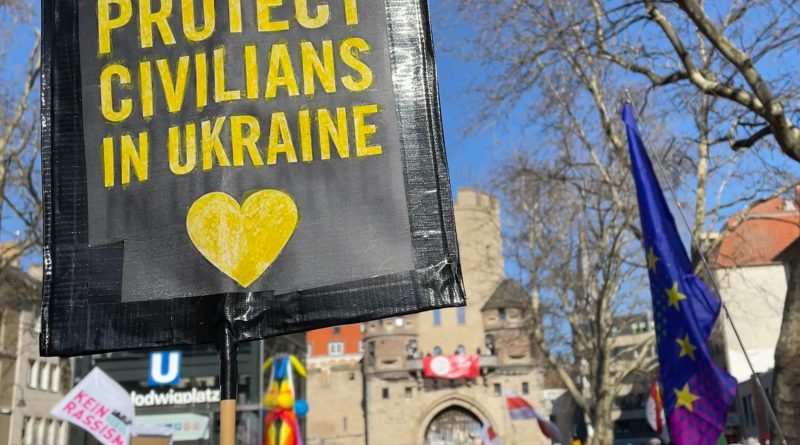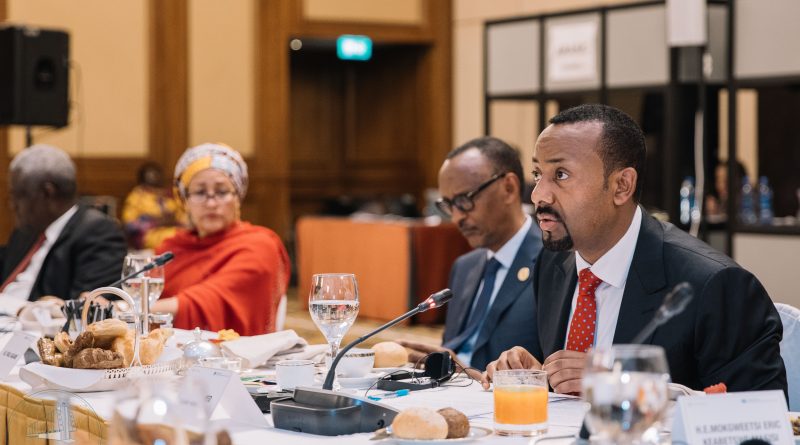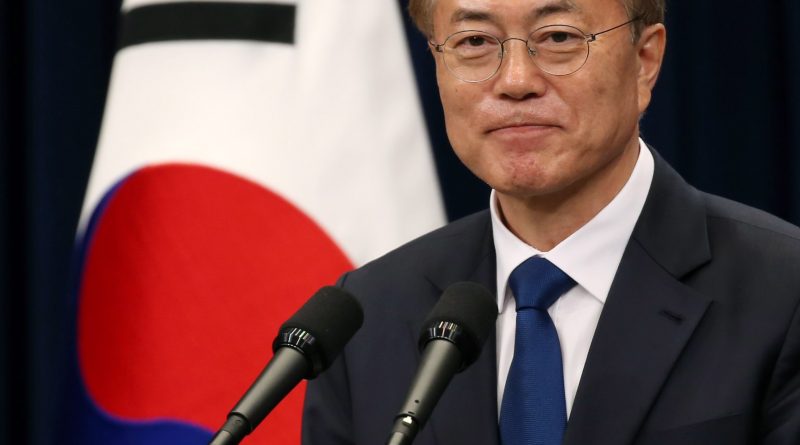FOCUS on the Laws of War: The ICC and ICJ
The Ukraine war has renewed conversations about justice and accountability over crimes that violate international law. The alleged massacre in the Kyiv suburb of Bucha and claims that Russian forces are targeting civilians have mobilized figures in Western nations, including U.S. President Joe Biden, to call for prosecutions of war criminals, reports Business Insider.
Read More



